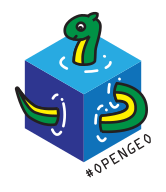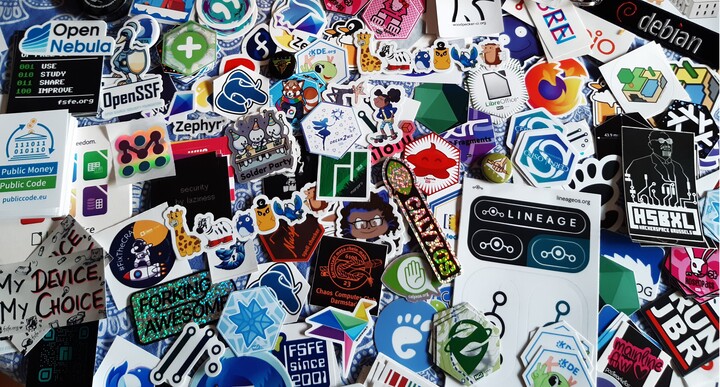🕊️ fosdem 2025 and 🌐 gen_site
16 Mar 2025 • 7 min read

🕊️ since 2019 i’ve been going to fosdem, it’s become the part of the year where foss utopia holds a big celebration.
part one 🐃 the importance of yak shaving
😴 it's taken a while to get round to writing this because at the point i attempted to revive 11ty from its long slumber, it did that thing where a frontend technology which has been gathering dust for a while tries to rebuild itself and melts into a flood of errors.
🦘 my patience for jumping through frontend engineering hoops has worn thin, but i initially thought: "oh ok, before i begin to commit some words, let's rebuild this house of cards that turns markdown into markup" … only to find that the beautiful yet fragile 11ty template I'd been using had been deprecated, understandably, by its probably quite bored maintainer.
🐇 after casting around a bit, and briefly trying zola, which turned out to be yet another engineering rabbit hole (albeit a cool rust one), i got chatting on mastodon about a recent post by froos: "you're doing computing wrong" which contains a compelling description of marking up websites by hand as a minimally engineered, direct pathway to the web.`
🧵 during some of these discussions on mastodon, it seemed there might be a way of combining ideas from froos (writing markup) and from static site generators (setting structure, automating repetitive tasks) to create a tiny, friendly, dependency-minimal site generator?
🛠️ as luck would have it, this conversation gained the interest of kartik agaram from merveilles.town who created an amazing "freewheeling app" by distilling requirements down to three neat scripts:
gen_pages- 📃 generate pages from frontmatter and markup
gen_index- 🗓️ generate an index of those pages
gen_feeds- 📩 generate an rss feed
- 📩 generate an html feed compatible with journal.miso.town
💾 gen_site - the finished software, has the strapline "extremely simple static site generator" and you are now reading a gen_site blog!
